
Samsung Innovation Campus
Article
Spotting wildfire risks with AI technology
What happens when you equip young people with advanced artificial intelligence (AI) skills? A solution that can help in the fight against one of the most pressing global issues—climate change
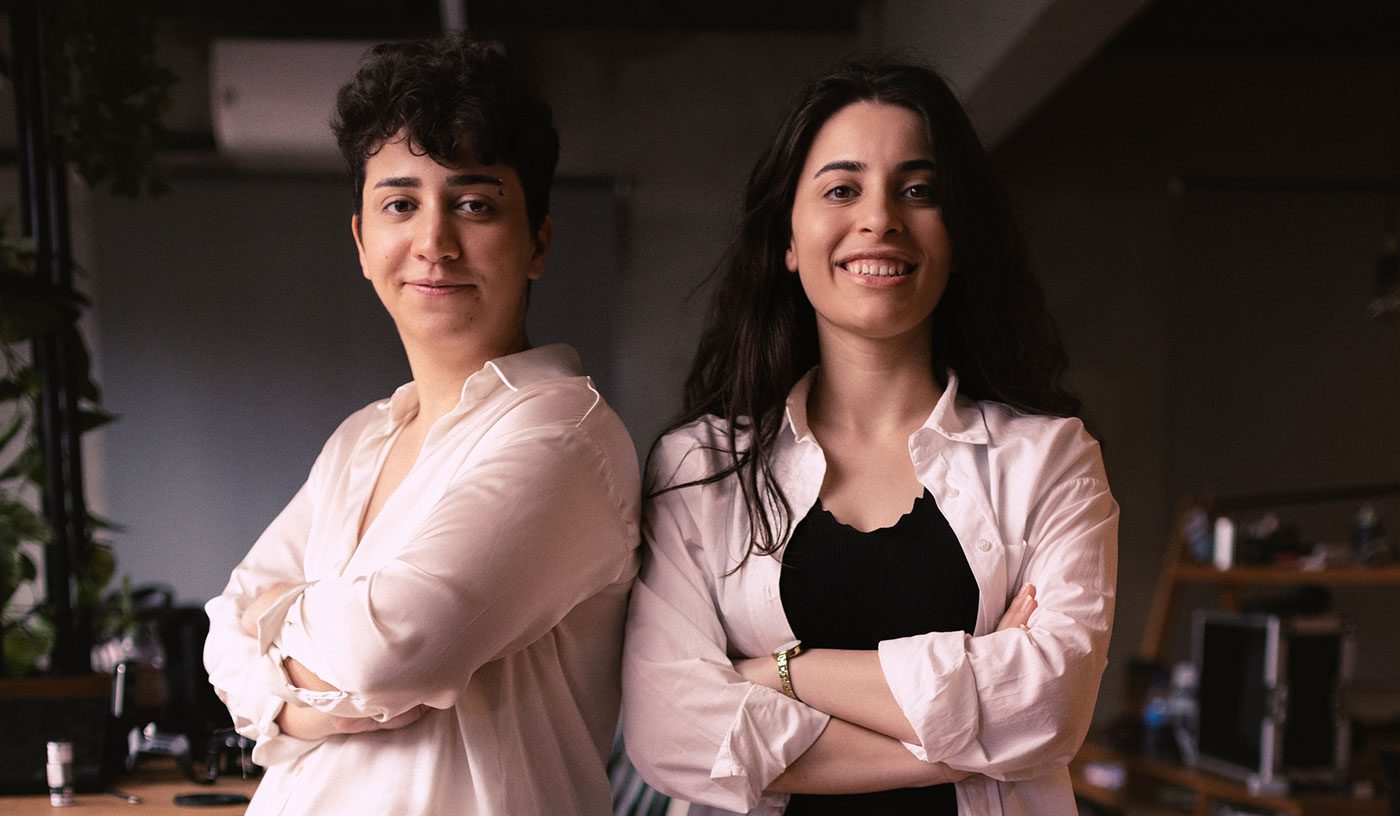
While visiting the beach two years ago, Gozde Gozutok remembers seeing a major wildfire break out in the distance of Çeşme, Turkey, bordering the Aegean Sea. This event made a deep impression on Gozde. “I wanted to find a solution,” she recollects. It then ended up being the catalyst for her and two teammates, including Ozge Ozkaya, to develop an AI-driven system to tackle this issue.
“The goal for the project,” Ozge explains, “is to identify the wildfire risk for the given areas to inform the authorities to be prepared for wildfire activity.” The data for their model didn’t exist in Turkey, but that didn’t stop them. The team spent two months scraping the information they needed —on soil pH, humidity and temperature, among other data points—from the web. After testing, it was found to have 80% accuracy. Feasibly, if the accuracy as improved further, such a model could eventually spot arson through simple deduction, Ozge adds.
“
“The goal for the project is to identify the wildfire risk for the given areas to inform the authorities to be prepared for wildfire activity.”
Given the volatile weather patterns seen globally that will only become more frequent with global warming, the applications of their innovation is wide reaching. And the launch pad for it was the Samsung Innovation Campus. Kickstarted by Samsung Electronics in 2013, these programmes nurture young people like Gozde and Ozge, developing their capabilities in advanced technologies by offering theoretical and hands-on training. The programmes have since expanded to 35 countries around the world, benefitting some 120,000 students since 2019 when the programmes were relaunched under its present name.
Bridging the tech talent gap
What drove the launch of Samsung Innovation Campus in Turkey the first place? Tech talent is sorely needed across the world, and the country is no exception. According to global workforce solutions company ManpowerGroup, three in four employers in Turkey can’t find the people with the tech skills they need. Despite this shortage, the tech startup scene and entrepreneurship in Turkey is still booming—so the potential is clearly there.
More broadly, the world is also facing competing, complicated and pressing issues, from the devastation of climate change, to economic uncertainties, to natural resources constraints. New kinds of problems necessitate new kinds of solutions. Samsung Innovation Campus hopes, in part, to ready students to instigate these.
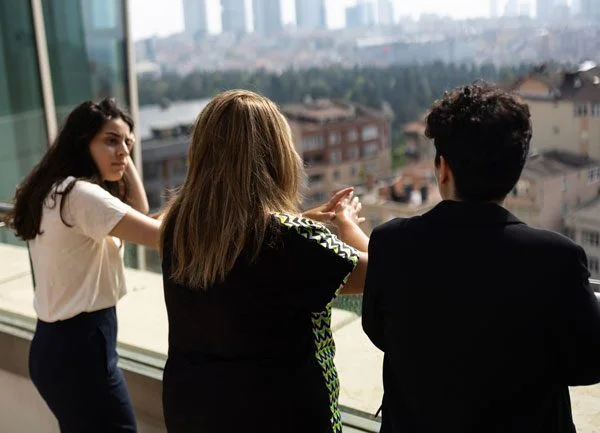

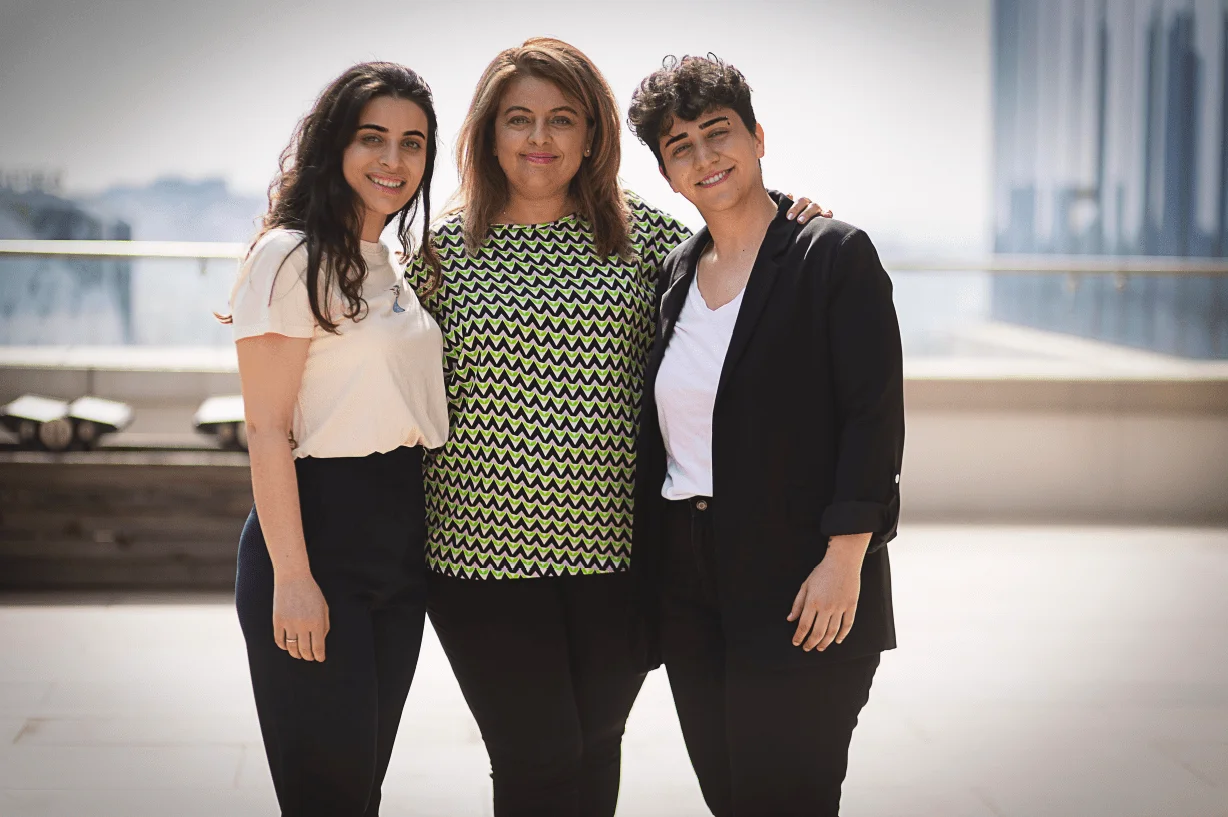
In Turkey, in partnership with the United Nations Development Programme, the Middle East Technical University (METU) and Istanbul Technical University, the campus brings on 25 applicants aged 18-29 each year. Each cohort is shortlisted out of thousands of applicants. The programme first supplies students with in-depth knowledge in recent technologies—including AI and Internet of Things (IoT)—with an intensive 350-hour course. Building on what they learn in the classroom, students then design and complete a project, finally presenting it in front of judges and their peers. The programme doesn’t stop here. Post-project, mentoring and support are also provided to help the students find financing.
Grounding in hard and soft skills
For Gozde and Ozge, the Wildfire Forecasting Project was the culmination of months of hard work and challenging themselves in the Samsung Innovation Campus. Both already had backgrounds in STEM—Ozge had studied computer engineering and Gozde had graduated from METU’s department of mathematics.
But even though they both had technical knowledge already, this didn’t mean that course covered old ground. Over five months, the students were taken through a “really comprehensive” curriculum. Guided by professors from METU, the students dove into learning about Python, how to use AI libraries, the theories behind algorithms and how to interpret the data, among plenty of other hard skills. “They treat us like we are beginners and it goes to the advanced level. They included every tiny detail of each method,” Ozge says.
“
“I started to feel more confident both in my technical and soft skills. I guess I overcame my fear of speaking to the public.”
In addition to a grounding in technical knowledge, there is also training in soft skills. After all, if someone conceives of a genuinely transformative invention, but can’t collaborate, problem solve or communicate, there is a limit to how far this idea can go. For Ozge, this aspect was “exciting and valuable”. For both, a highlight was the opportunity to learn public speaking from a well-known expert in Turkey. “This was so important to us because we never got training like that before,” Gozde says. “Also, storytelling is very important in this century. Nobody wants to listen to just data.”
The world needs tech talent, and fast. This gap is what Samsung Innovation Campus hopes to help with plugging, while empowering young people to tackle the issues closest to their hearts.
For Ozge, this course was the “perfect match” post-graduation for her to delve deeper into machine learning, and marry a “combination of technical [aspects] with social problems”. Similarly, the programme proved the ideal bridge for Gozde to further her career in this field, especially since she had not majored in computer engineering, even though she had been interested in AI and data science since undergraduate days.
“I want to continue my career in AI, so I was excited to see (that) such training was given by Samsung,” says Gozde. And her desire to work in this field has only strengthened further since the course.
“
“So many things have happened since taking this course that were beyond what I could have imagined,”
There’s also another perhaps less quantifiable, but no less impactful, way the programme fundamentally altered participants’ lives for the better.
“I started to feel more confident both in my technical and soft skills. I guess I overcame my fear of speaking to the public,” says Ozge. For Gozde, the programme has enriched her life beyond just technical knowledge—in fact, a video they produced on their project went viral online. “So many things have happened since taking this course that were beyond what I could have imagined,” she says.

Snapshot: Samsung Innovation Campus
What is it:
Samsung Innovation Campus helps prepare young people for tomorrow’s information technology workplace by equipping them with skills in new and emerging technology through hands-on training and classroom teaching.
The programme builds on Samsung Electronics’ previous work developing core IT competencies among students and unemployed youths, and also helps them develop crucial soft skills so they will become proactive problem-solvers.
Numbers at a glance:
⦁ Samsung began offering technological training programs for adolescents and unemployed youths in 2013
⦁ Launched Samsung Innovation Campus in 2019
⦁ Courses taught include coding and programming, artificial intelligence (AI), big data and the Internet of Things (IoT)
⦁ Develops soft skills like creativity, communication and empathy
⦁ Active in more than 30 countries around the world
⦁ Some 120,000 students have participated since 2019
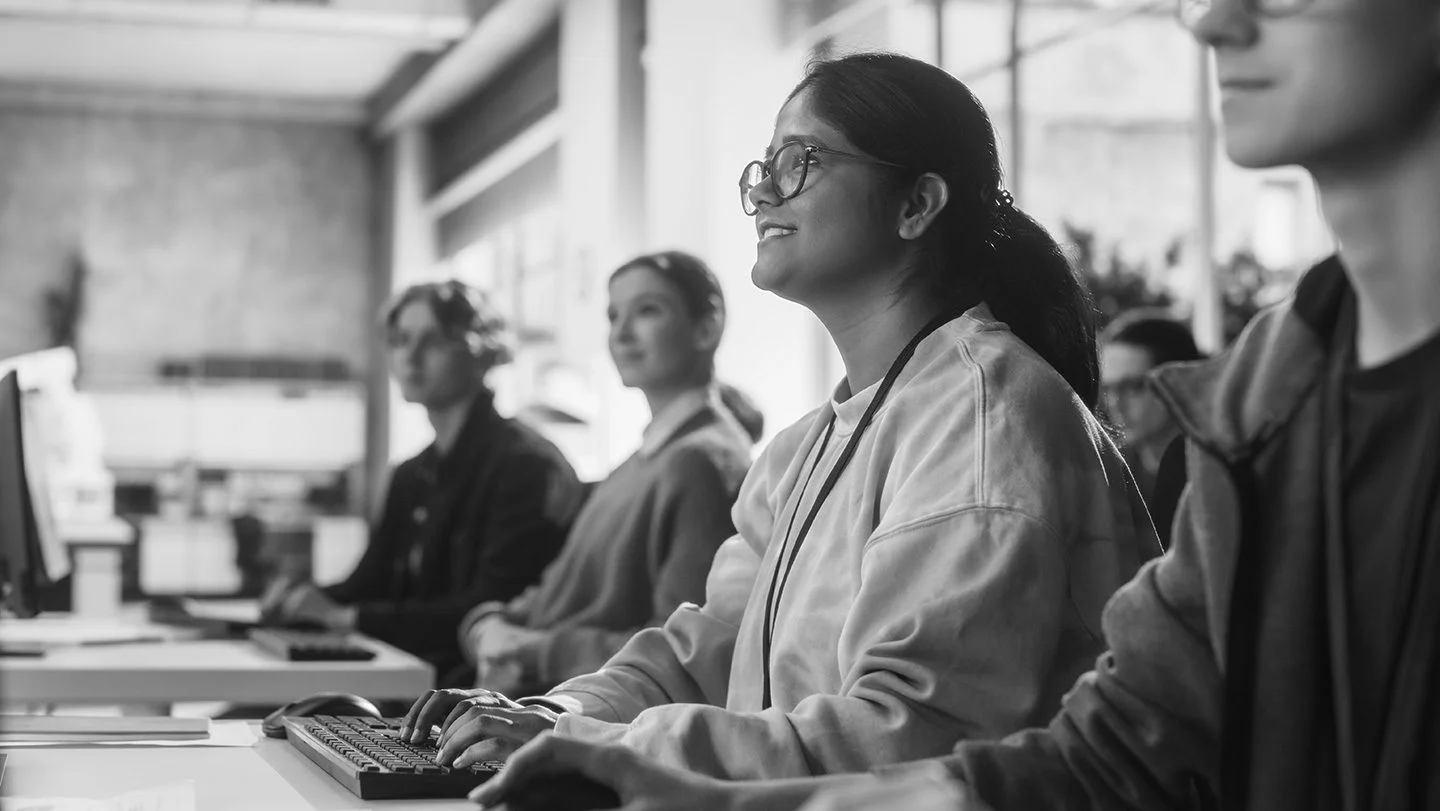
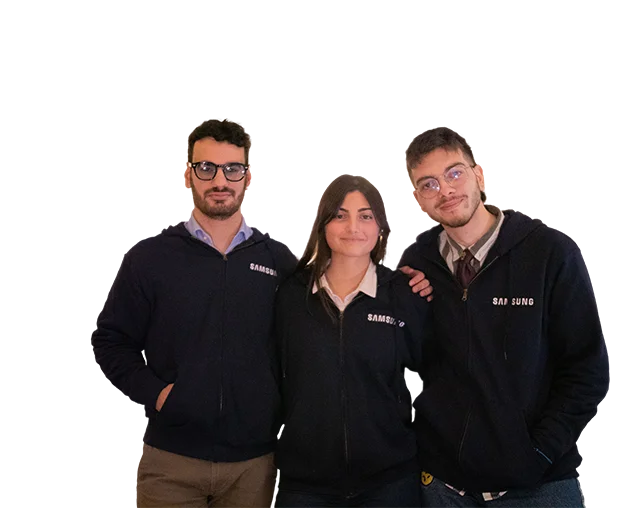
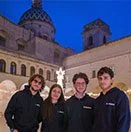
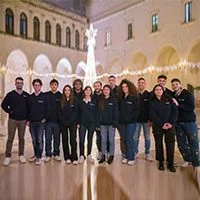
Using AI to answer local problems in Apulia
Thanks to theoretical and practical knowledge gained, three Italian students developed AI programs with the potential to help wine producers and support sustainable tourism in their local communities.


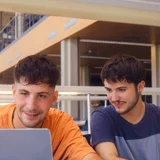
AI as a potential aid for mental health professionals
What do you get when you cross newfound skills in artificial intelligence with a love of languages and the desire to make a difference? A tool that aids therapists with supporting mental health.
Bringing young tech leaders to greater heights
Samsung Electronics’ corporate citizenship programmes aim to inspire and educate younger generations, guiding students around the world towards achieving their dreams. Behind the scenes of these programmes are Samsung employees who devote their time, energy and effort to creating a better tomorrow.
This series spotlights the beneficiaries of one of Samsung’s youth education programmes—Samsung Innovation Campus—and tells the stories of how this unique programme that is held globally equips young people to become the next generation of leaders and changemakers.
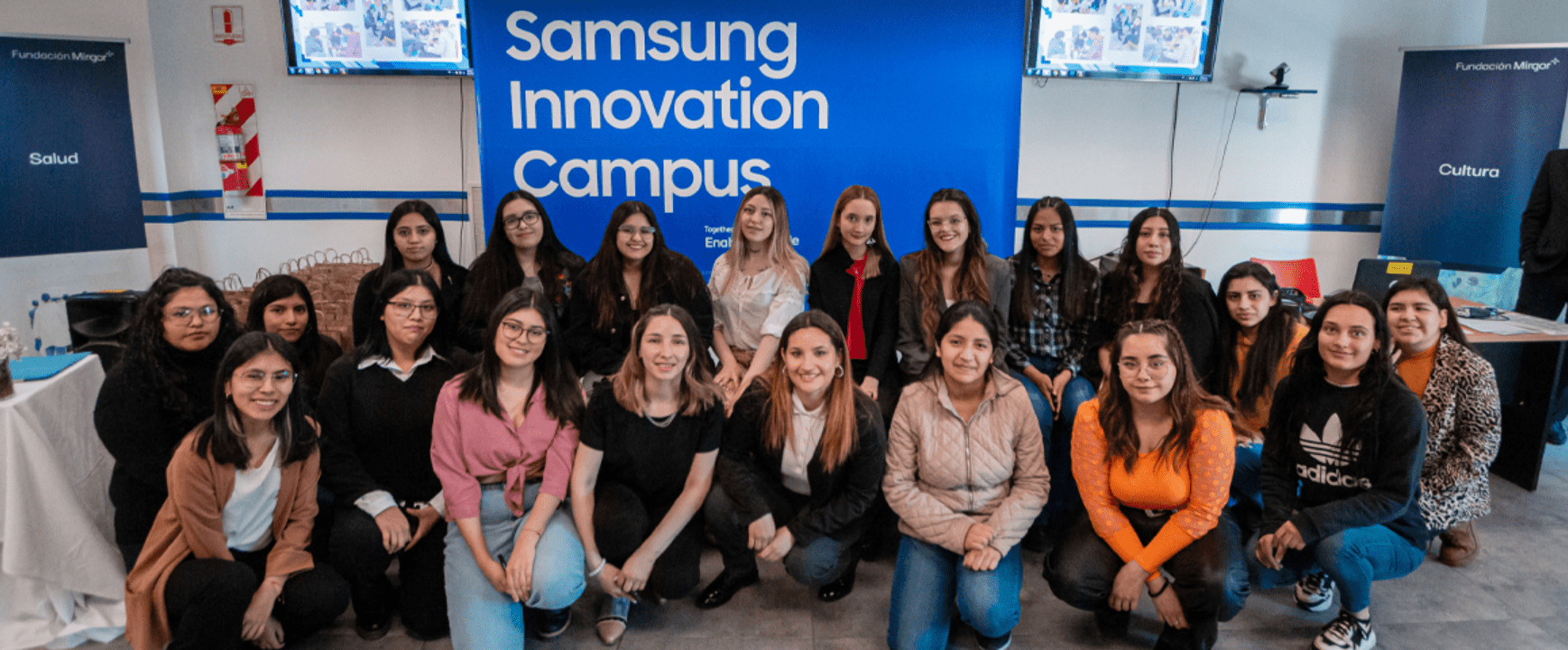
Argentina: Driving positive changes for future talent
Samsung Innovation Campus in Argentina is constantly innovating, and has a particular focus on supporting female students, who are less visible in the field of STEM. In fact the programme started a course in 2022 just for them, on the Internet of Things.
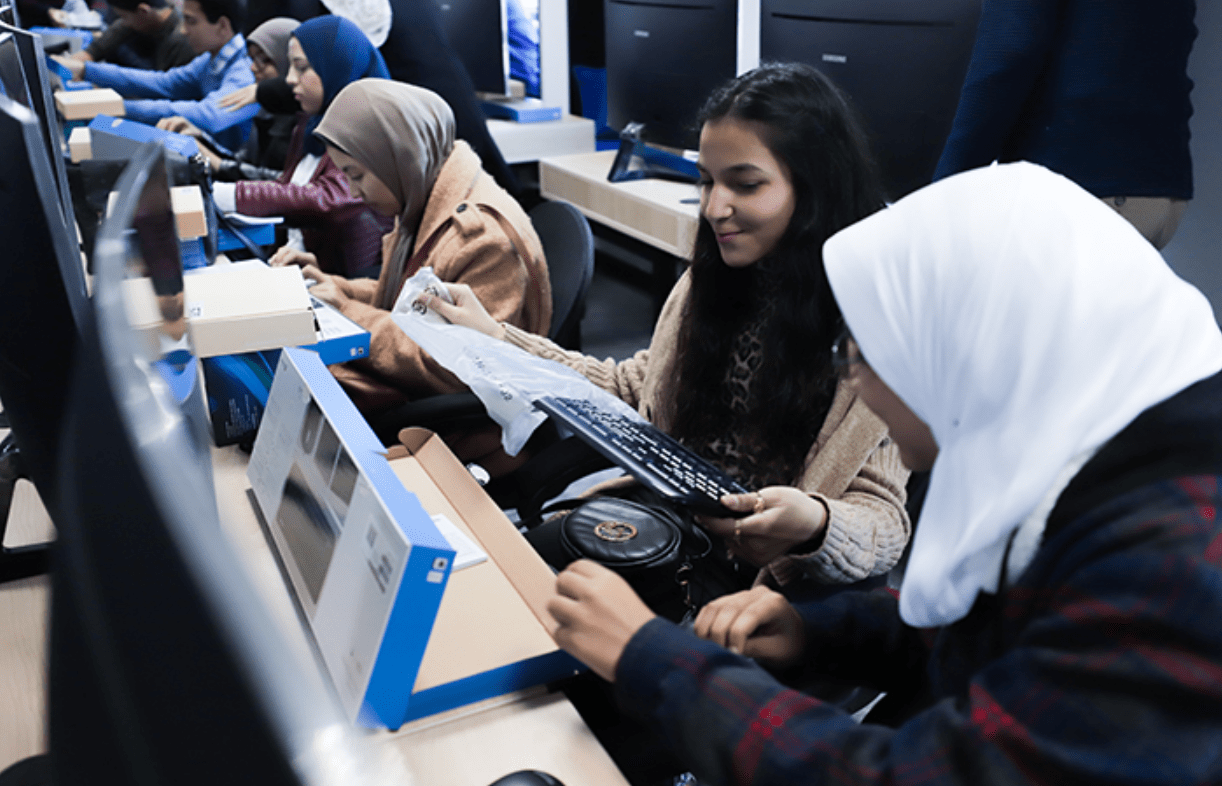
Egypt: Helping young people learn the language of the future
In Egypt where 60% of the population is under the age of 30, Samsung Innovation Campus allow youth to pick up tech skills that will equip them to lead innovation.
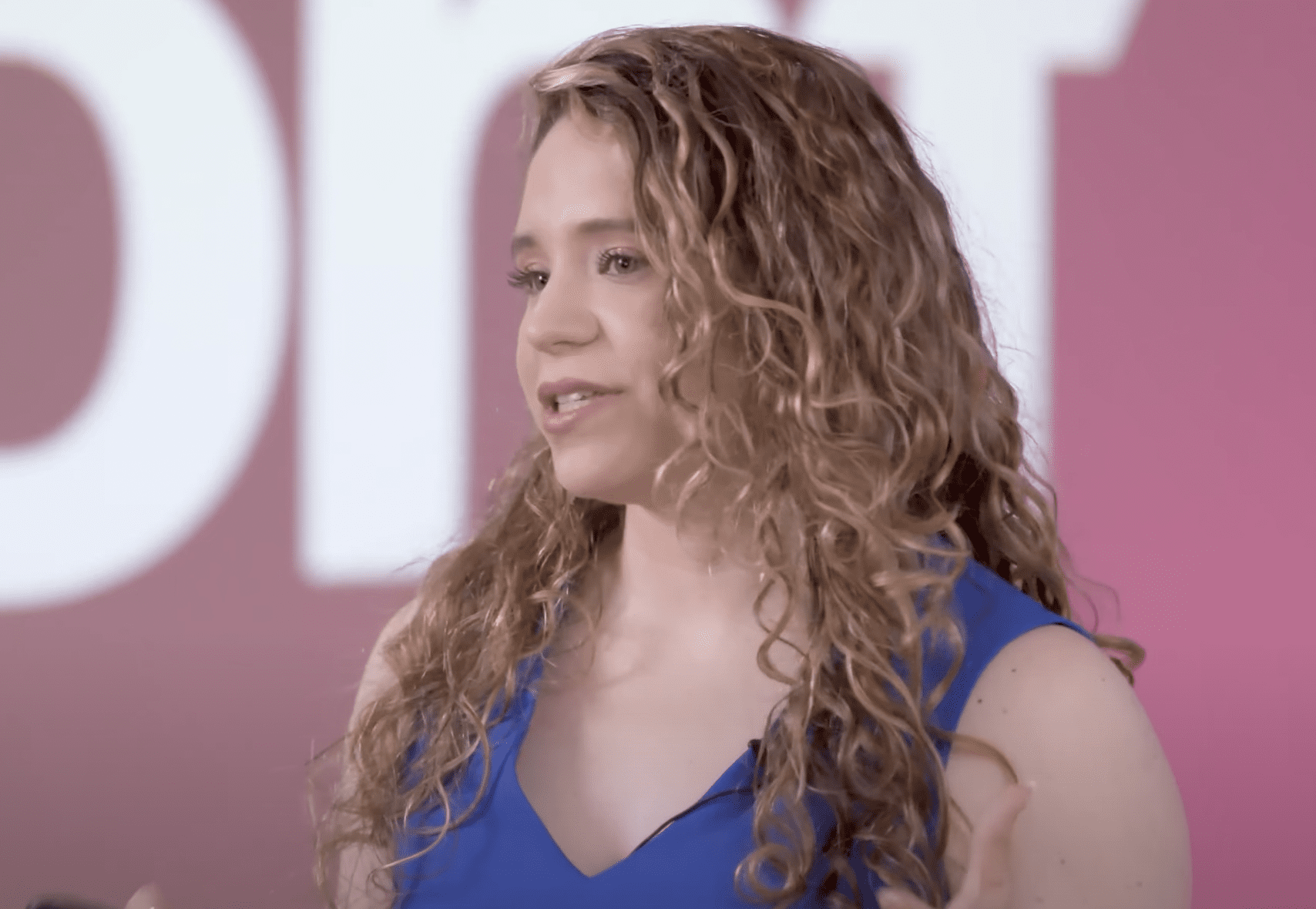
America: Closing the gender gap with tech education
Consisting of a seven-month virtual curriculum designed by Samsung Electronics America, Samsung Innovation Campus in America offers millennial and Gen Z women practical education in emerging technologies.
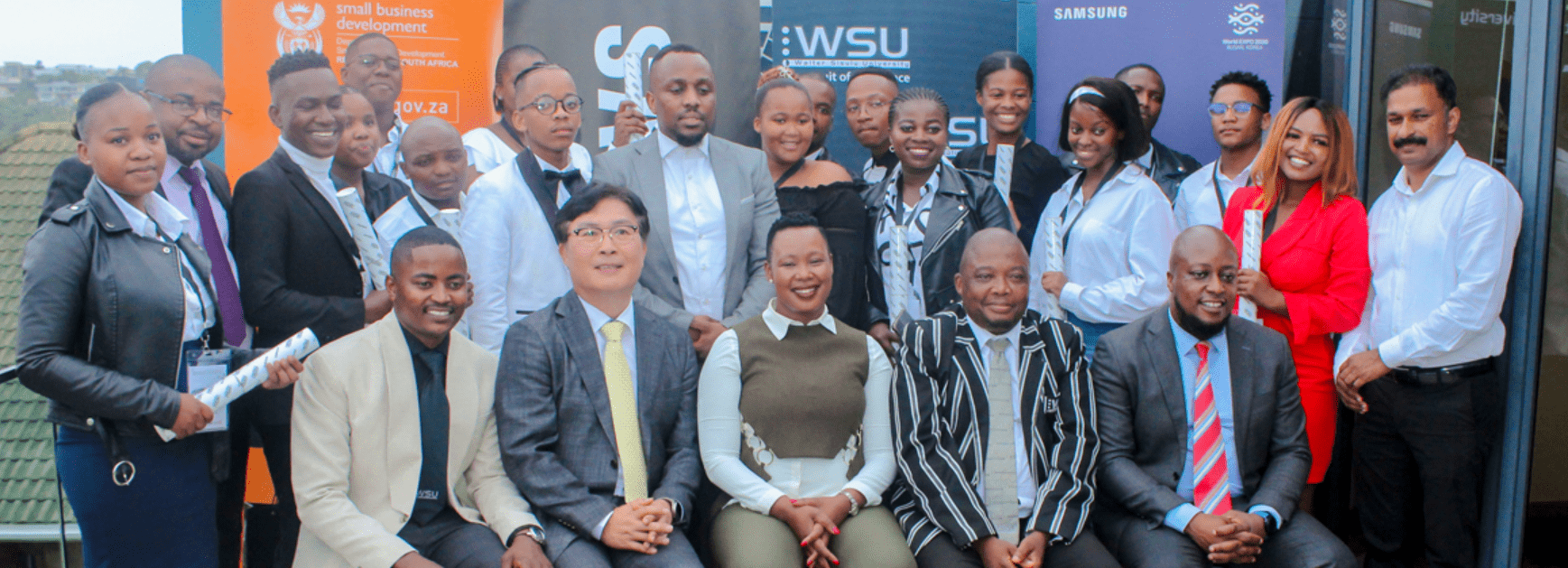
South Africa: Equipping for careers in the tech sector
Launched in 2022, Samsung Innovation Campus in South Africa is a partnership with the Walter Sisulu University to boost youth employment in the country’s technology sector that has seen 20 students so far benefiting from the year-long programme.
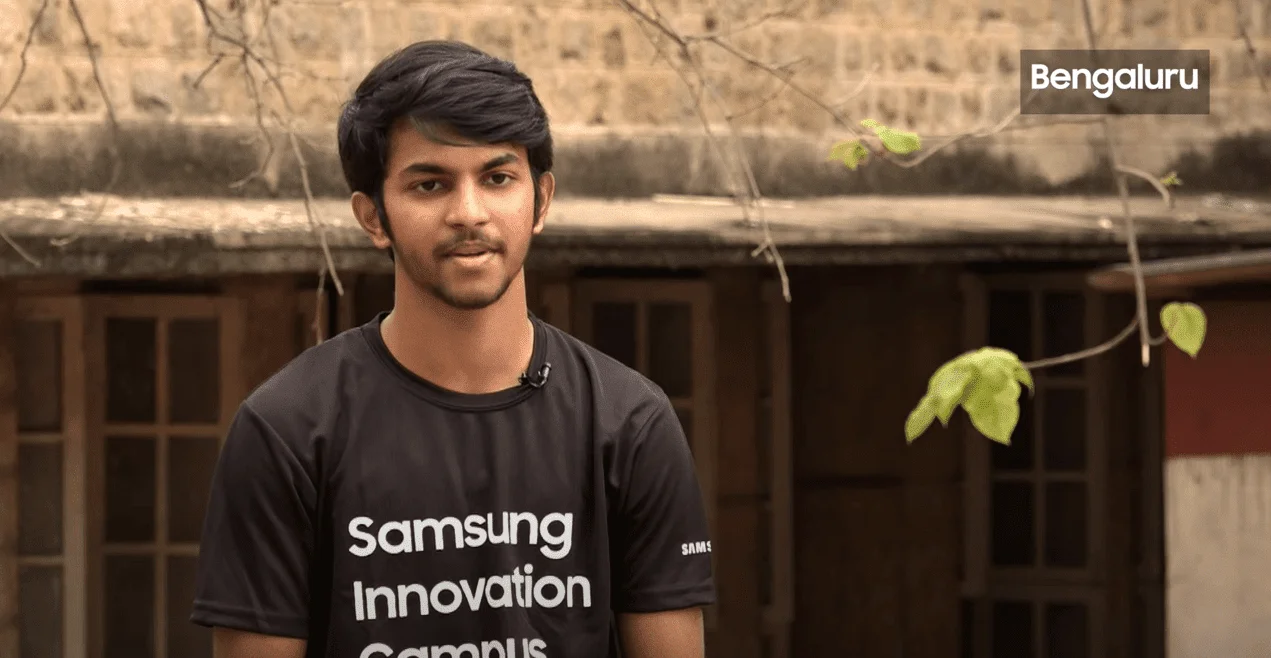
India: Preparing youths to be industry‑ready
As part of the company’s commitment to being a strong partner of India, Samsung Innovation Campus is working alongside the government to meet its mission of empowering the country’s youth.
Under its CSR vision of “Together for Tomorrow! Enabling People”, and through its educational programmes, Samsung Electronics empowers the next generation to achieve their full potential and pioneer positive social change. The end goal: to provide quality education and equal opportunities for every young person.
Produced by EI Studios for
